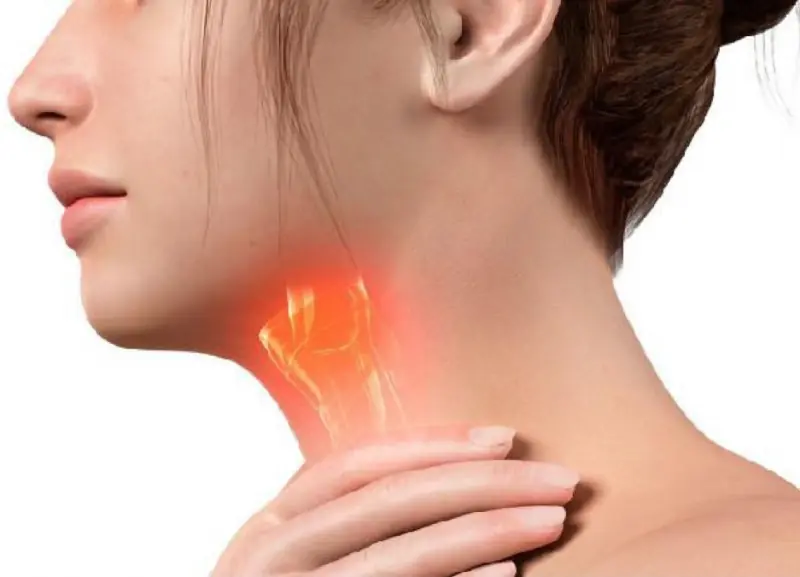
How Water Fasting Can Regenerate

Water fasting involves only drinking water and not eating any food for a set period of time. Fasting for one, two, or even more days has many health benefits. A water fast can help you lose weight, regenerate your immune system, and may even slow aging. However, for water fasting to be safe and effective, you should fast properly.
Although only drinking water for 2 or 3 days can have its benefits, water fasting may not be for everyone. There can be dangers associated with water fasting if you are underweight, pregnant, or have underlying health conditions. However, if you want to lose weight, a water fast can kick-start your diet.
In this article, you will learn about the benefits of water fasting and how to water fast safely. You will also find out what to do before and after water-only fasting to get the most benefits from it.
What is Water Fasting?
Water fasting is when you don’t consume anything but water for a set period of time. A water fast can last for as short as 24 hours or last as long as 5 or 7 days.
A 2015 review of the benefits of fasting reported that there are different types of fasting. On a water fast, you will usually only drink water at regular times throughout the day. People use water fasting for weight management and to help prevent disease. (1)
Some people like to add lemon juice, cayenne pepper, and honey to their water fasting. One of the popular water fasting methods is the lemon detox cleanse. Other popular water fasting recipes include adding cucumber, watermelon, or ginger to the water.
What are the Possible Benefits of a Water Fast?
Fasting every so often for 1 or 2 days by drinking only water can help to stimulate your metabolism and regenerate your cells.
For example, studies have shown that fasting results in changes in the body’s metabolism. This can result in a process called ketogenesis where the body uses fat as its primary energy source. That is why water fasting is good for a short-term weight loss. (1, 2)
A 2016 review on the benefits of fasting found that it can boost cognitive performance, regenerate cells, lower body fat, and reduce the risk of chronic disease. (3)
Water fasting can also protect your heart against the effects of inflammation. (4)
One of the greatest benefits of short-term water fasting is a process called autophagy. This is where metabolic processes in the body get rid of dysfunctional components of cells. This helps to recycle cells and protect against chronic health conditions and neuro-degenerative diseases. (5)
Is Water Fasting Bad or Good for You?
Water fasting is good for most people when done safely.
A 2018 analysis of the potential side effects of water fasting found that there was only a minimal risk of adverse side effects. Restricting food intake and drinking only water caused mainly short-term problems such as fatigue, headaches, and insomnia. (6)
One study showed that drinking only water on a fast can slightly affect kidney function during the fast. However, in this study, the water-only fast was for 11 days and longer than most people fast for. The study did find that fasting has benefits such as reducing oxidative stress, body weight, and blood pressure. (7)
According to doctors from WebMD, fasting is not good for children, pregnant women, some diabetes conditions, and if you have an eating disorder. (8) Also people with other health conditions shouldn’t do water fasting without consulting first with their doctor.
Water Fasting Side Effects (Dangers of Water Fasting)
Are there any dangers associated with a 2 or 3-day water fast?
One of the reasons why water fasting isn’t recommended for people with eating disorders is that it can encourage binge eating and bulimic behavior after the fast. (9)
Results from studies indicate that most side effects of water fasting are only short-lived. People who water fasted for 2 days or less complained of fatigue, sleeplessness, headaches, back pain, indigestion, and other gastrointestinal upset. Researchers found that water fasting only causes minimal short-term side effects in healthy people. (6)
However anyone who water fasts for extended periods (more than 3 days) or have medical condition should do it only under close medical supervision.
How to Water Fast
There are no specific guidelines on how to fast with a water diet, apart from only drinking water.
During a 24-hour water fast you should aim to drink between 2 and 3 liters of water. This means you should drink a glass of water every hour or so.
Usually, a water fast lasts between 1 and 3 days for best results. If you want to fast safely for longer, it is important to consult with your doctor. Water fast diets that last between 4 and 7 days may not be suitable for everyone.
What to Do Before and After Water Fasting
To get the most benefits from fasting on a water diet, it is important to prepare your body for the fast. For example, you should eat the right foods before and after the water fast. This can help to prevent some of the side effects that a few people experience on water fasting.
It is also important to break your fast correctly to prevent weight gain and to keep your body in ketosis after the fast.
Before fasting
Before starting a water fast, you should eat the right foods so that your body better adjusts to only consuming water.
For example, in a study from 2018 the participants were instructed that two days before the planned water-only fast, they should eat only starchy steamed vegetables as well as fresh fruits and vegetables. They also started increasing their water intake and minimized physical activity. (6)
Before the water fasting you should also eliminate alcohol and caffeine from your diet. Also, try to cut down on sugary foods and beverages. This will help to reduce any adverse reaction from only drinking water for 2 or 3 days.
If you are planning an extended fast of 4, 5, or 7 days, then it’s also a good idea to try and reduce stress as much as possible before and during your fast.
After fasting
One of the biggest mistakes to make after a water fast is to eat a large, calorie-laden meal.
Doctors recommend gently breaking the fast and this should last for half of the time you fasted for. So, if you had a 48-hour fast, then you should take one day to break the fast. If you had a 7-day water fast, it may take between 3 and 4 days until you can return to normal portions of food. (6)
The first phase of breaking a fast should consist of only consuming fruits or vegetable juices or bone broth. You can gradually start introducing solid plant food that doesn’t contain salt, oil, or sugar. (6)
During an extended fast, your body goes into ketosis. This means that your body uses fat and ketones rather than glucose (sugar) as its main energy source and. If you break your fast gently, it should be possible for a short time to stay in ketosis after water fasting.
Water Fast Tips
Water fasting that lasts 2 or 3 days can be challenging, especially if you have never done a water fast before. So, if you are new to water fasting, then trying a 1-day water fast will help you know what to expect.
Other ways to make a success of your water fast to get the most benefits include:
- Avoiding stressful situations or demanding tasks while fasting
- Preparing well before your fast and not just starting it abruptly
- Not fasting if you are ill, recovering from infections, or feel unwell
- Getting low impact exercise to help keep your body moving but avoiding excessive exercising
- Gradually build up your intake of solid foods after water fasting
- Try to eat light meals before and after the water fast
Benefits of Water Fasting
Let’s look in more detail at the many benefits of enjoying a 24, 36, or 48-hour water fast.
News in the same category


7 Shocking Health Benefits of Sweet Potatoes You Never Knew About
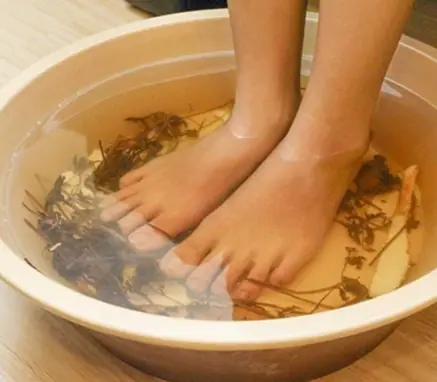
5 Detox Baths to Remove Aches, Pains and Toxins + Fragrant Bath Melts Recipe
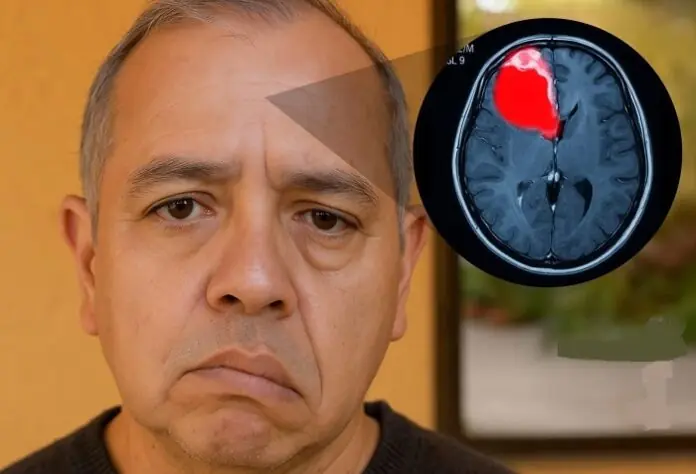
Sudden confusion or difficulty speaking: when it’s more than just fatigue
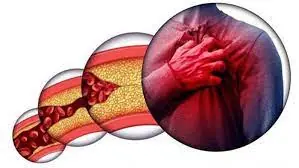
Age 46-55 is 'high ri.sk period in life': 10 signs in people prone to str.o.ke, 'early de.a.th'
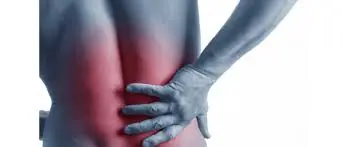
Unusual changes in the body warn that the kidneys are weakening. You should not be subjective
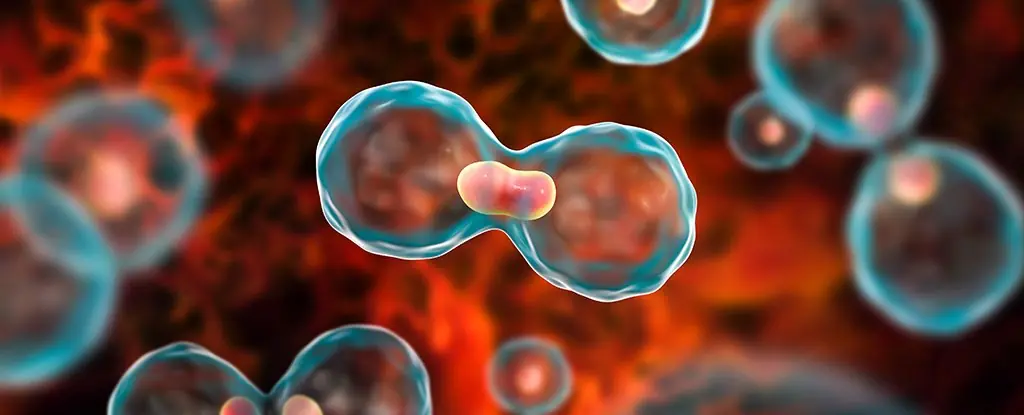
Vegetables listed as can:cer - causing that many people still eat, should be stopped immediately
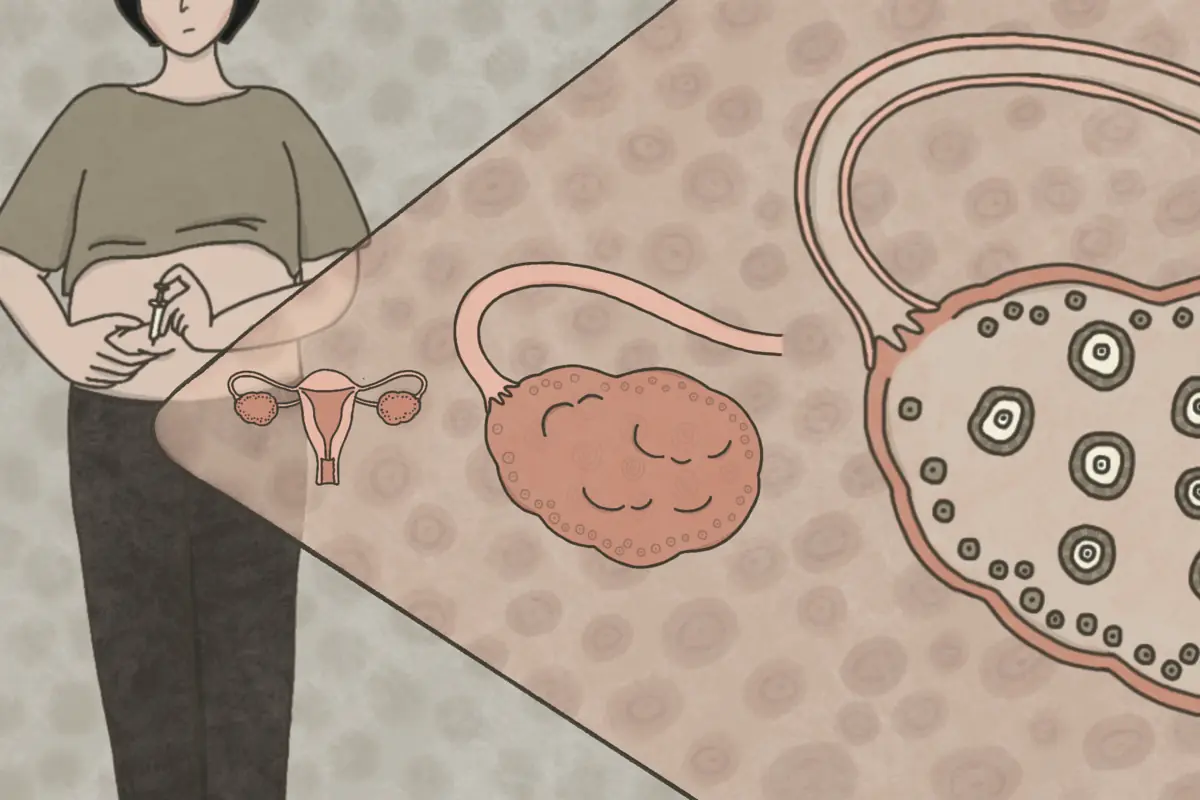
Do Women Have Only 400 Eggs in a Lifetime? The Truth Behind the Claim “Whoever Runs Out of Eggs First Ages First”
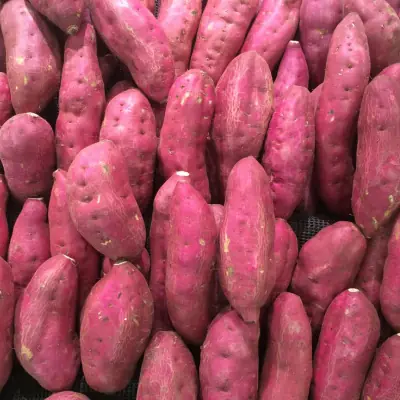
What happens to people who regularly eat sweet potatoes for breakfast over a long period of time?

The Health Hacks No One Told You About (But Your Body Has Been Begging For)
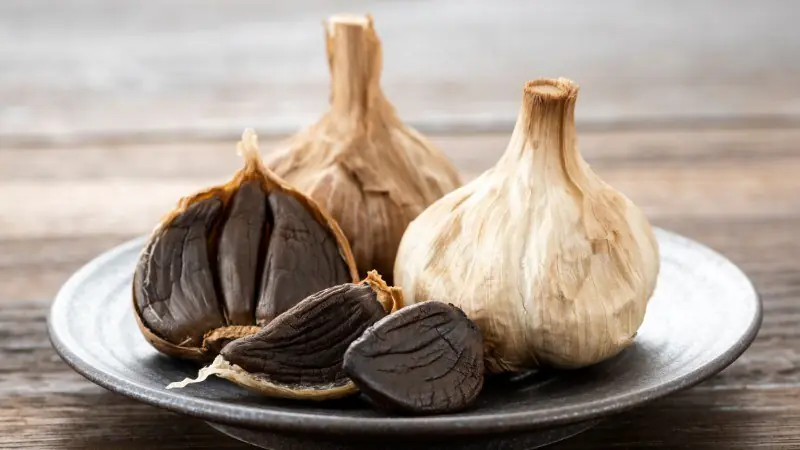
What is the nutritional difference between black garlic and regular garlic?

What really happens when you sleep with socks on?
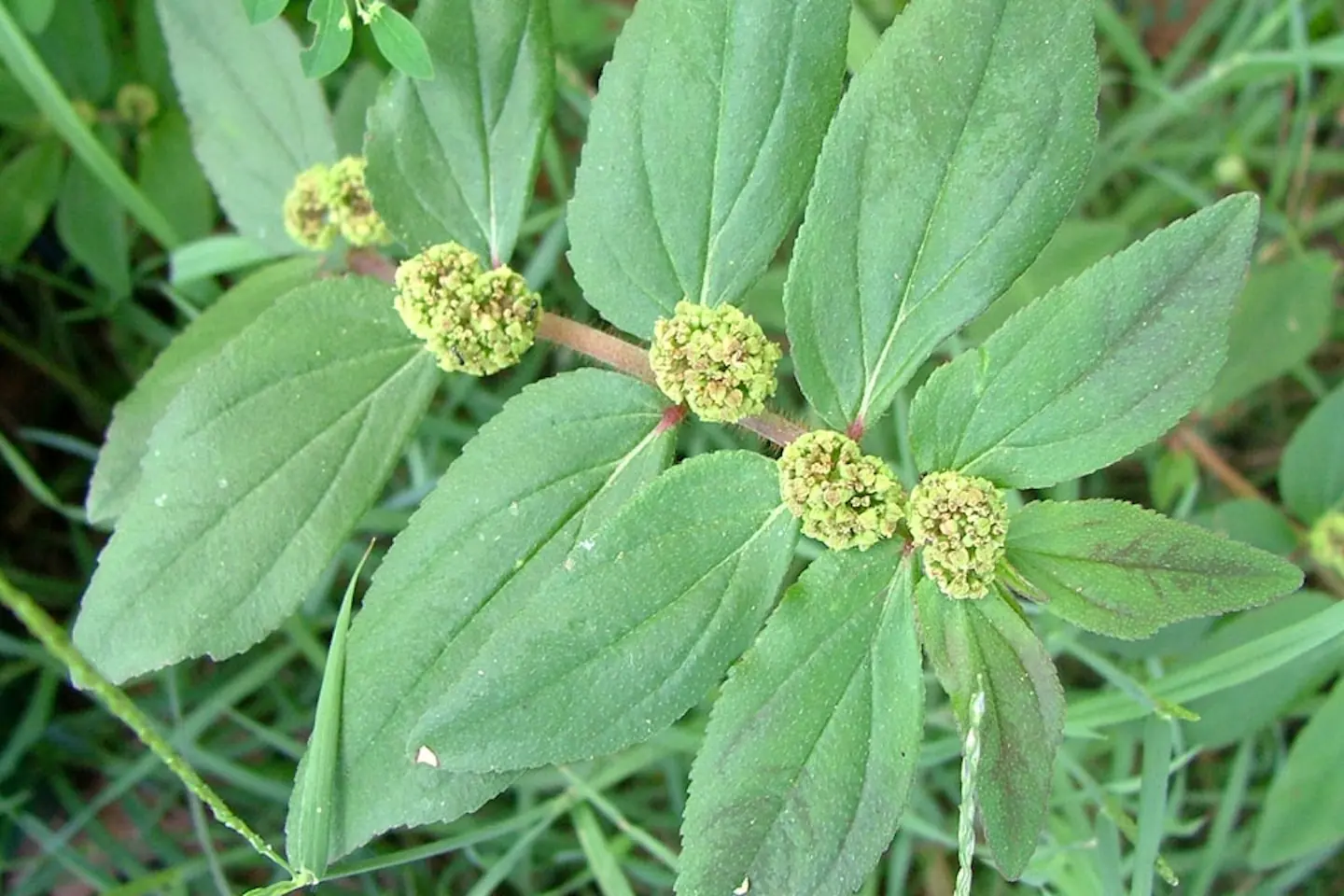
Euphorbia Hirta (Asthma-plant): Traditional Uses and Applications

4 red flags your brain is in trouble as scientists warn Alzheimer's starts decades before you realize

Some people are only now realizing what the “WC” sign stands for on washrooms
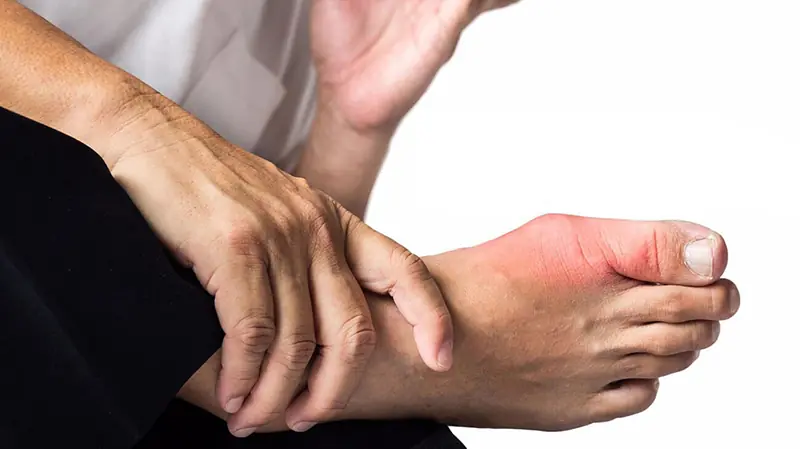
Beware of dia.betes if you frequently experience these 5 strange symptoms
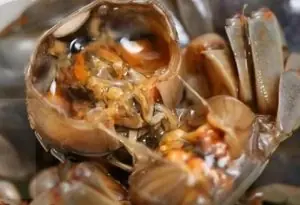
Doctor’s wa.rning: Stop eating these 4 foods immediately!

3 sleep-related abnormalities that may warn of an increased risk of cere.bral in.farction
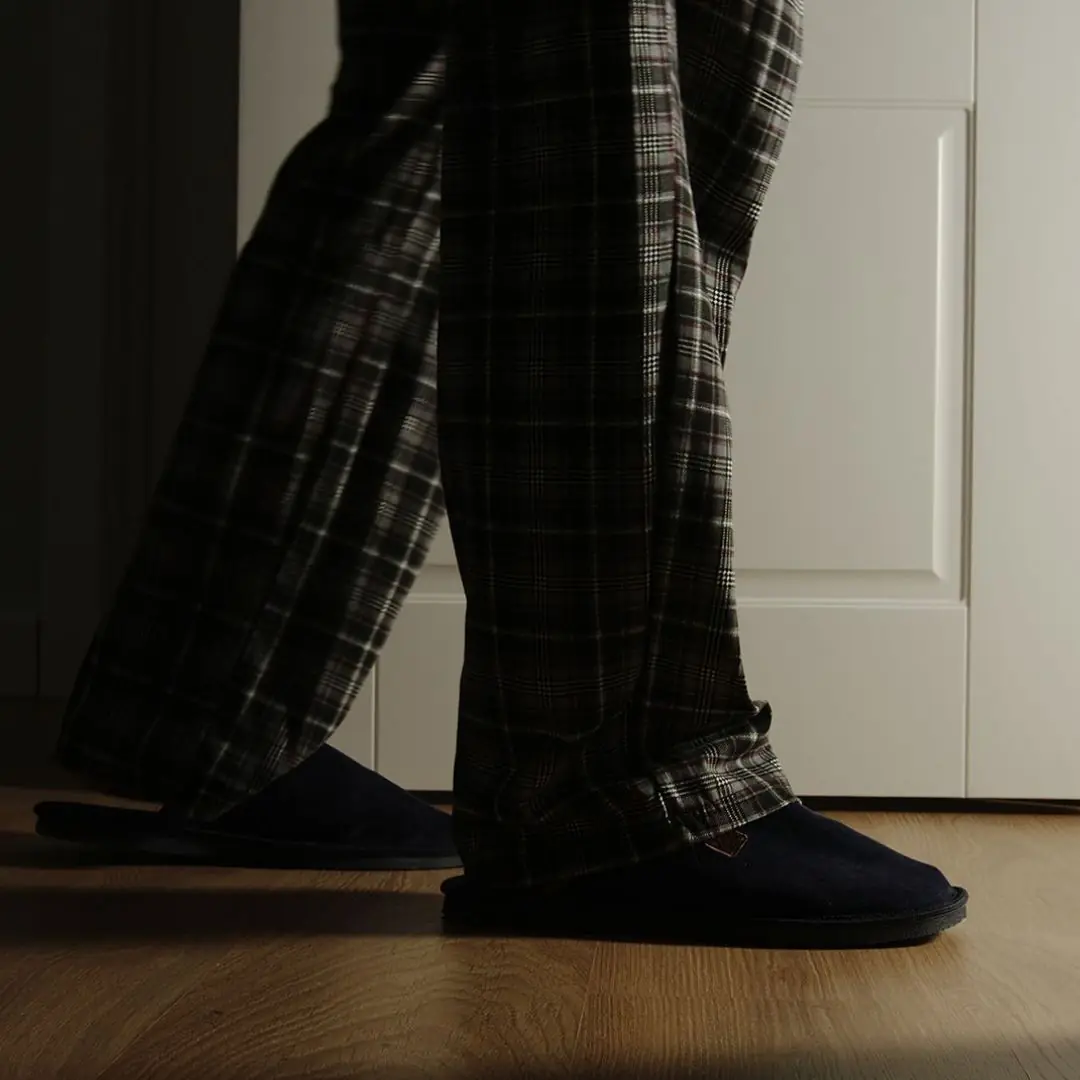
Here’s why you keep waking up to pee in the middle of the night
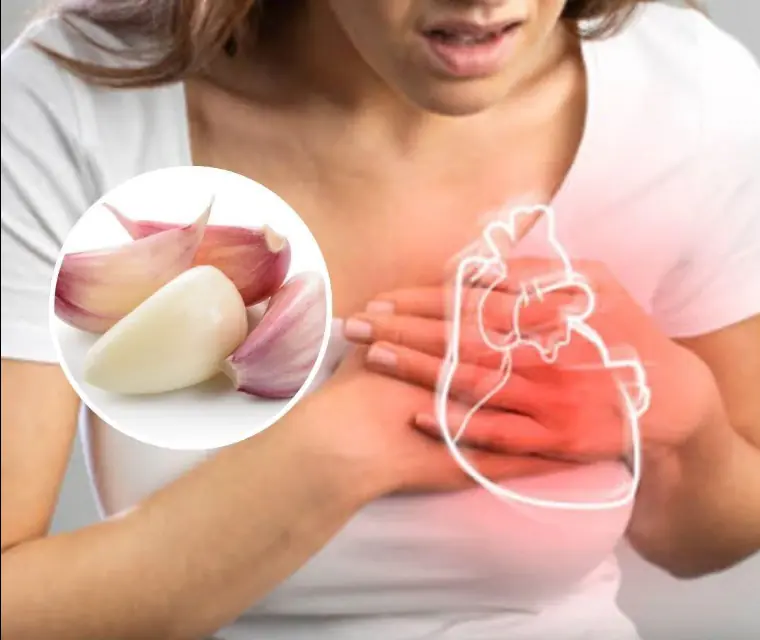
Top 5 veggies to detox your arteries and prevent heart attacks!
News Post

People about to have c.an.cer often have 3 signs in the neck, early examination still has a chance of treatment
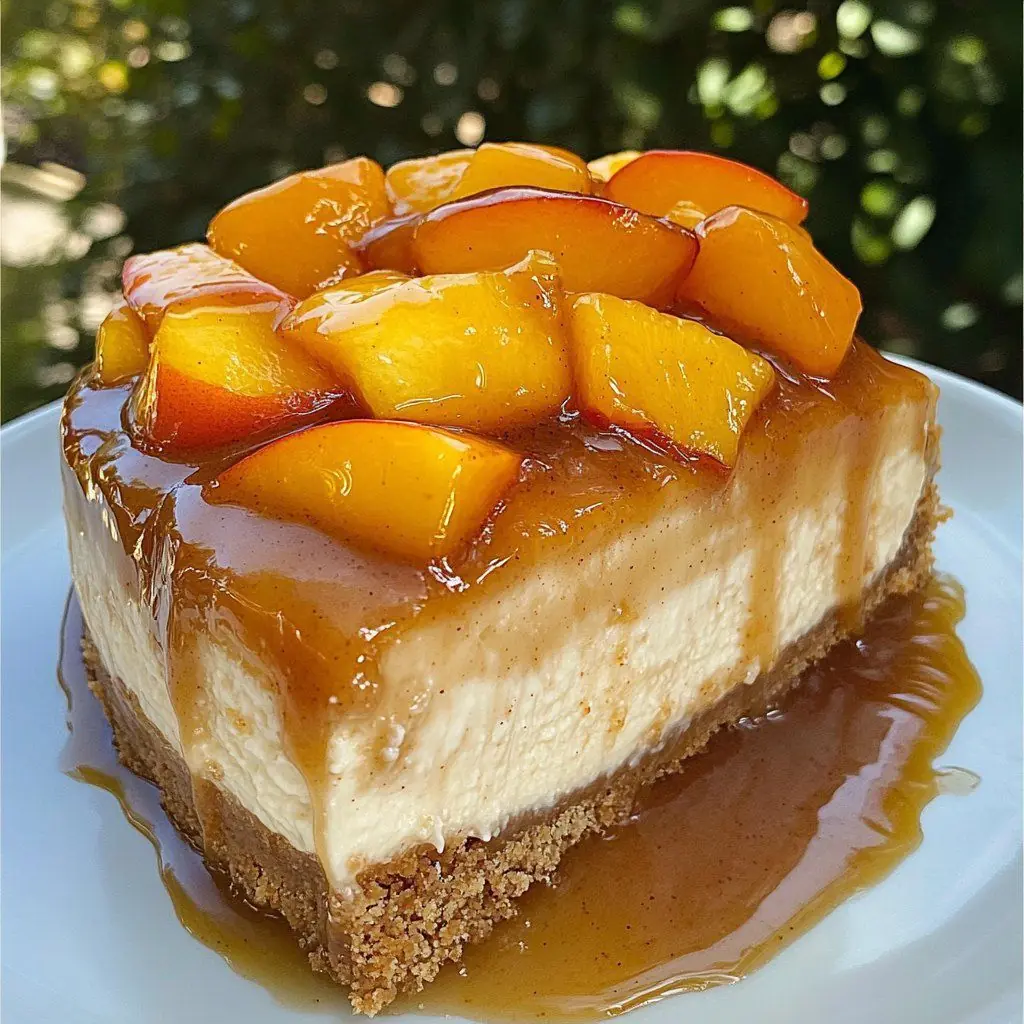
New York-Style Peach Cobbler Cheesecake

7 Shocking Health Benefits of Sweet Potatoes You Never Knew About

5 Detox Baths to Remove Aches, Pains and Toxins + Fragrant Bath Melts Recipe

Sudden confusion or difficulty speaking: when it’s more than just fatigue
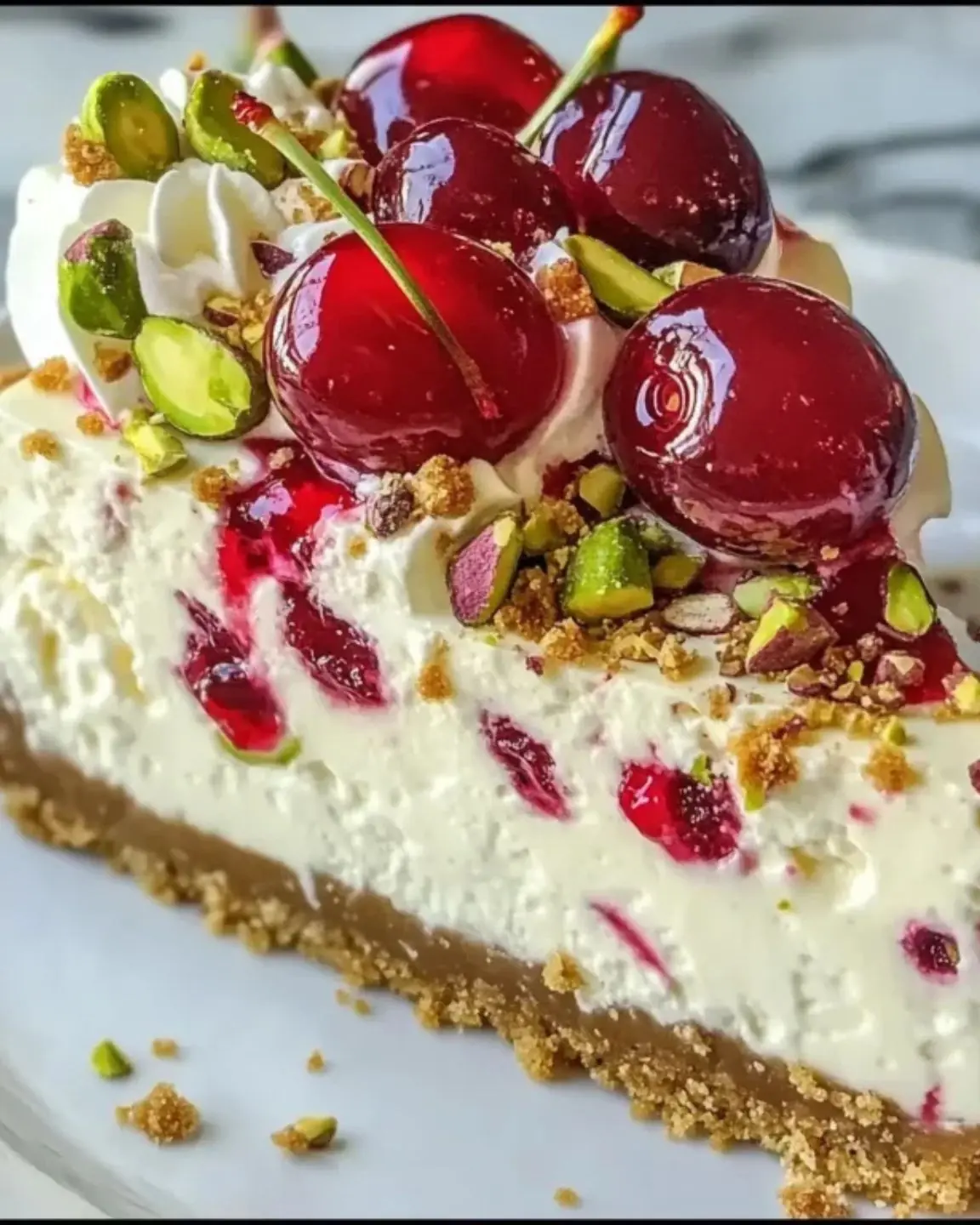
Cherry Pistachio Cheesecake

Age 46-55 is 'high ri.sk period in life': 10 signs in people prone to str.o.ke, 'early de.a.th'

Unusual changes in the body warn that the kidneys are weakening. You should not be subjective

Vegetables listed as can:cer - causing that many people still eat, should be stopped immediately

Livestock and Veterinary Experts: 5 Ways to Identify Safe, High-Quality Pork and Distinguish It from Dise.ased or De.ad Pigs

Do Women Have Only 400 Eggs in a Lifetime? The Truth Behind the Claim “Whoever Runs Out of Eggs First Ages First”

Most people will go their entire life without ever knowing what the little arrow next to the gas gauge actually means

When a cat rubs against you - This is what it really means

While Silicon Valley Sleeps, Europe Is Rewriting the Rules of Tech

What happens to people who regularly eat sweet potatoes for breakfast over a long period of time?

The Health Hacks No One Told You About (But Your Body Has Been Begging For)
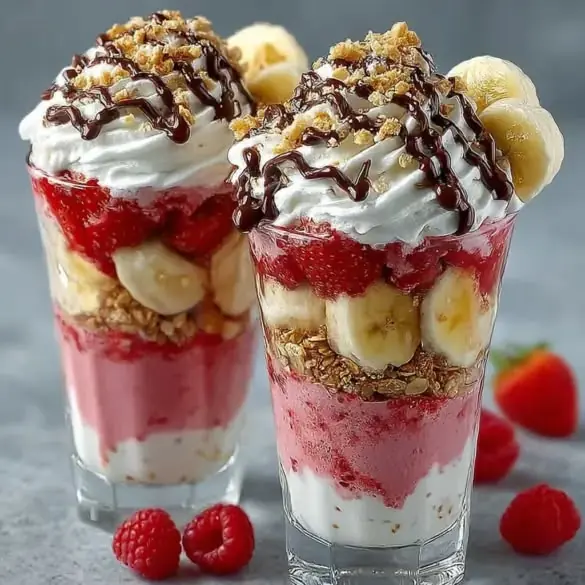
Banana Split Milkshake

What is the nutritional difference between black garlic and regular garlic?

What really happens when you sleep with socks on?
